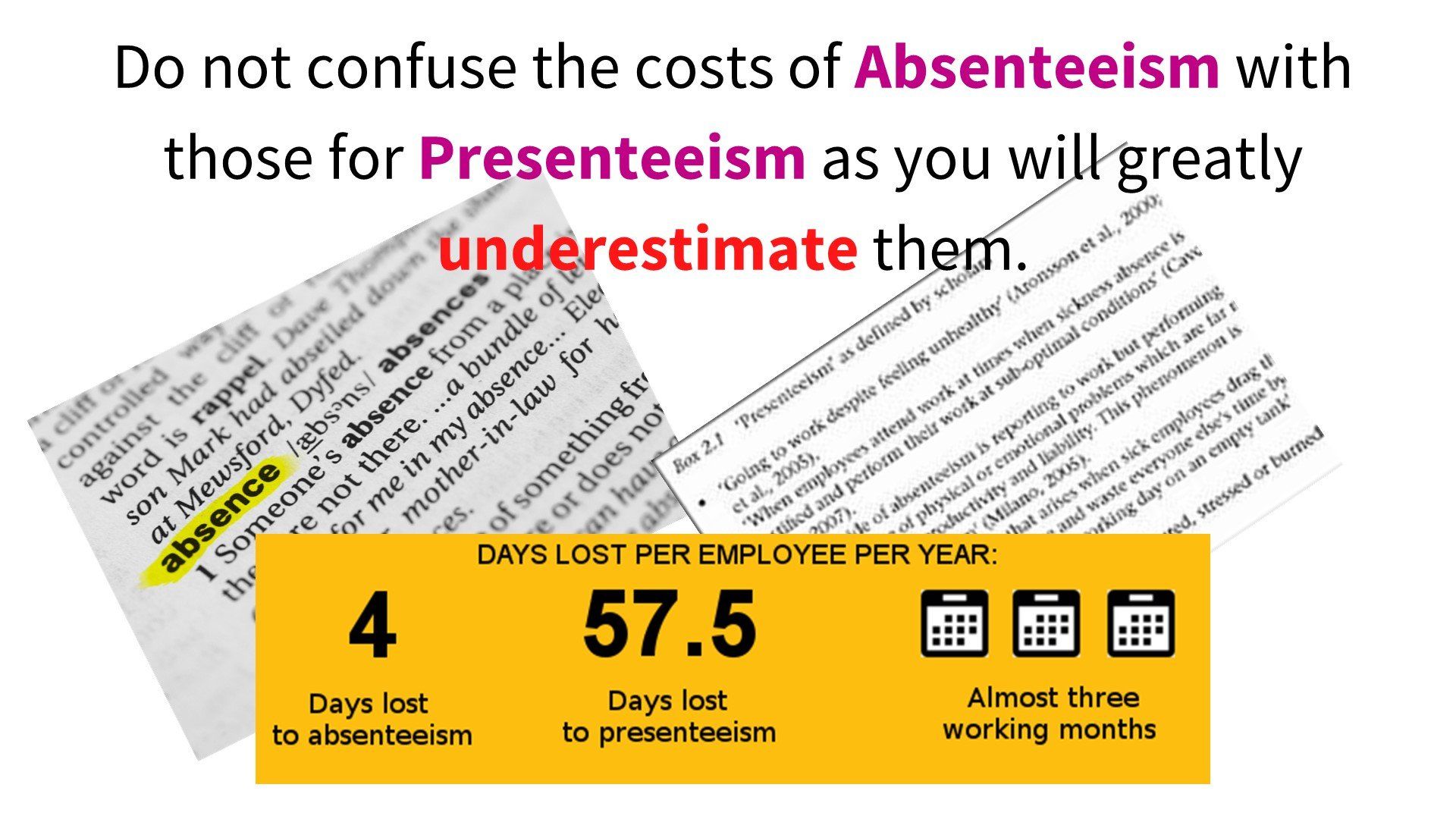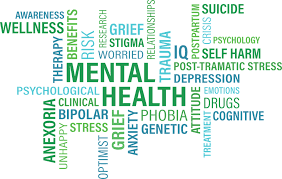








Employers are increasingly more aware of the effect poor-quality sleep can have on productivity, employee wellbeing, absenteeism, as well as directly on health and safety in the workplace.
When we have had a bad night’s sleep we know the next day we’re just not at our best, we show signs of irritability, we find it hard to concentrate or don’t perform as well as usual and the longer our sleep is disrupted the worse these impacts get. If you’ve had the pleasure of having a new born you know the feeling all to well. However, being stressed has a major impact on our sleep patterns which lead to these systems and the direct result will be low productivity, poor customer service both internally and externally, absenteeism and increased risk of accidents in the workplace.
Due to the increase of stress related absenteeism more and more businesses are now taking an interest in the specific impact of sleep deprivation due to stress or disruption on the health and wellbeing of their employees and the implications for productivity and competitiveness.
We all need sleep, it is essential for maintaining good levels of cognitive skills such as speech, memory, innovative and flexible thinking. Going back to basics, sleep is a period where our body recharges, repairs and restocks itself, so when an individual is sleep-deprived this recovery time is lost. Although we can cope with sleep loss for a couple of days, eventually the body just can’t keep limping on without this essential recovery time. Stress at work or worries at home can keep us awake at night, so it makes sense for all employers to think about the broad range of causes as well as potential action to help improve sleep quality and duration.
Links between a lack of sleep and high blood pressure, heart disease and diabetes are emerging. A lack of sleep also makes us more vulnerable to infection and raises the risk of accident and injury.
There are many reasons why you might get less sleep than the recommended 7-9 hours a night. Work-related stress, working anti-social hours, illness and injury, getting older, money worries and personal loss are just a few of the issues that can keep us awake at night. But how do you or an employee know if lack of sleep is affecting you at work? Common signs include a general deterioration in performance, concentration or poor memory as well as mood swings.
Although we all make our own decisions at night when to lie down and go to sleep, there are lots of ways employers can support us all as individuals to get a better night’s sleep, and ultimately help us all to be healthier and achieve our potential in the workplace.
Taking action on sleep issues in the workplace is about considering prevention, like job planning or taking steps to mitigate stressors like night shifts or organisational change, as well as providing support and intervention when sleep issues are identified such as stress management therapy.
As with most health issues, prevention is always more cost effective for business the potential gains in terms of productivity, and positive outcomes from avoiding sleep issues, could be significant.
There are steps you can take if you feel you or an employee are showing signs of any of the above and think it may be down to not sleeping enough. This is where “sleep hygiene” comes in.
Don’t be confused by the phrase “sleep hygiene”. It’s not about how clean your bedding is! Rather, sleep hygiene is about creating the ideal conditions for a good night’s sleep.
Everyone is different, but good examples include sticking to regular bedtimes and making an effort to relax as the time for sleep approaches as well as avoiding heavy meals, caffeine and alcohol late at night.
Think about your use of technology too – this isn’t just a late-night distraction (or the cause of stress if you’re always checking work emails). Blue light from computer screens, tablets, smartphones, LED lighting and some TVs can keep you awake by suppressing the sleep-inducing hormone melatonin.
Finally, if an individual is still finding sleeping difficult, recognise that there is a range of help available. Should you be interested in what I can offer as stress management therapy please get in touch.








